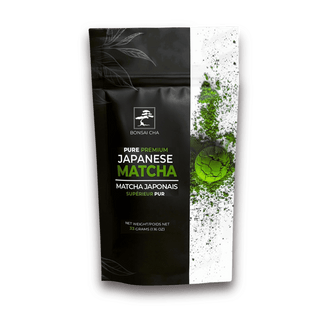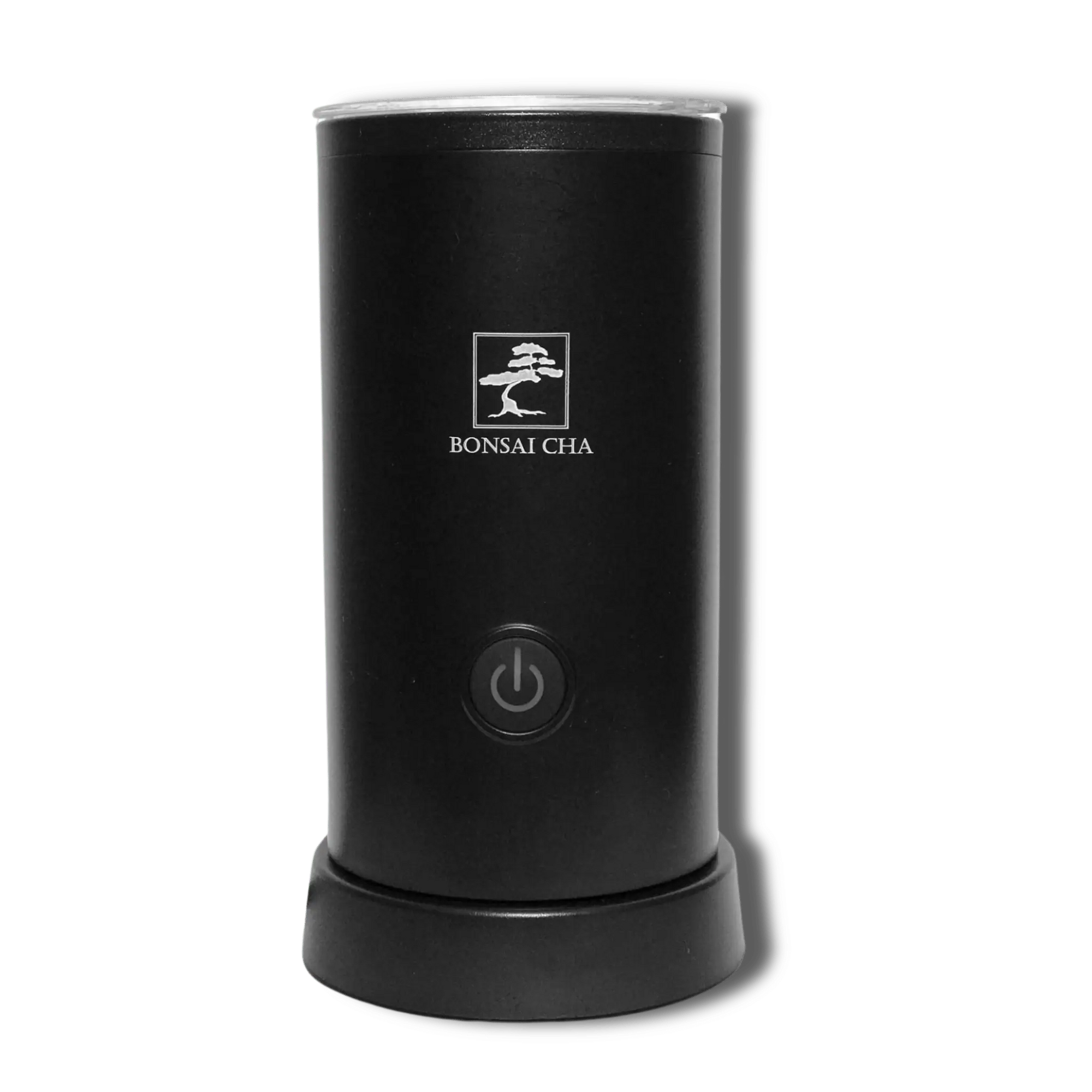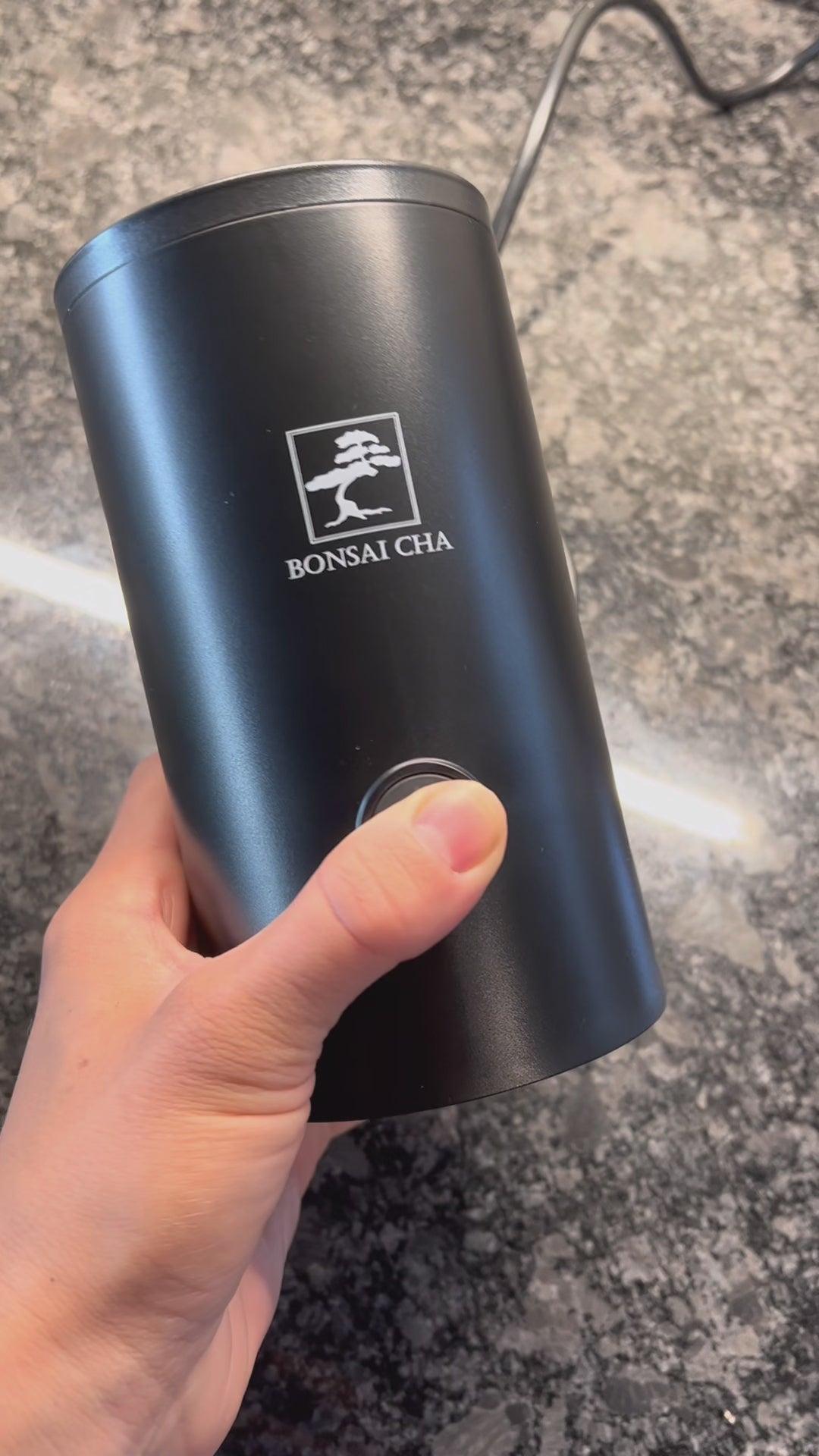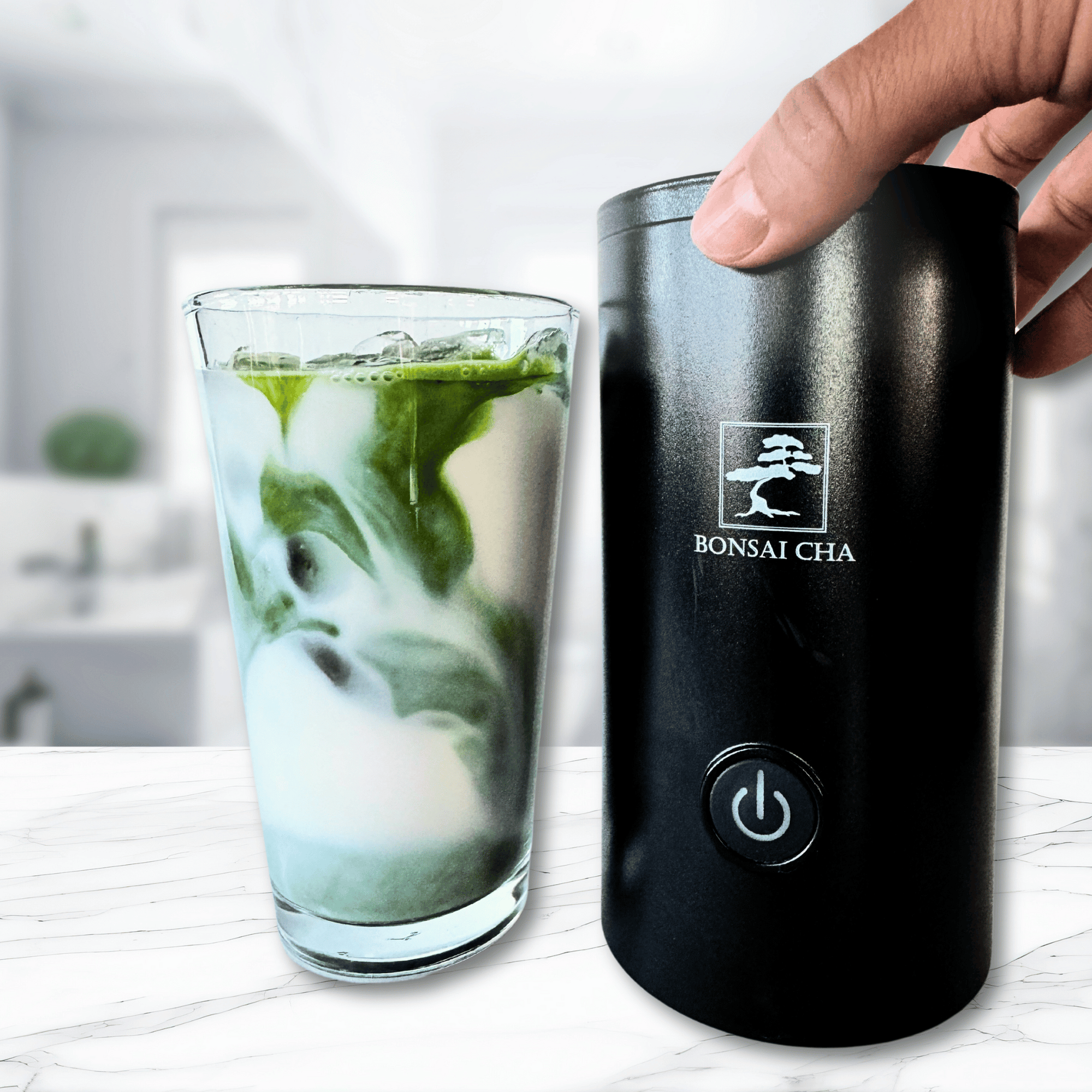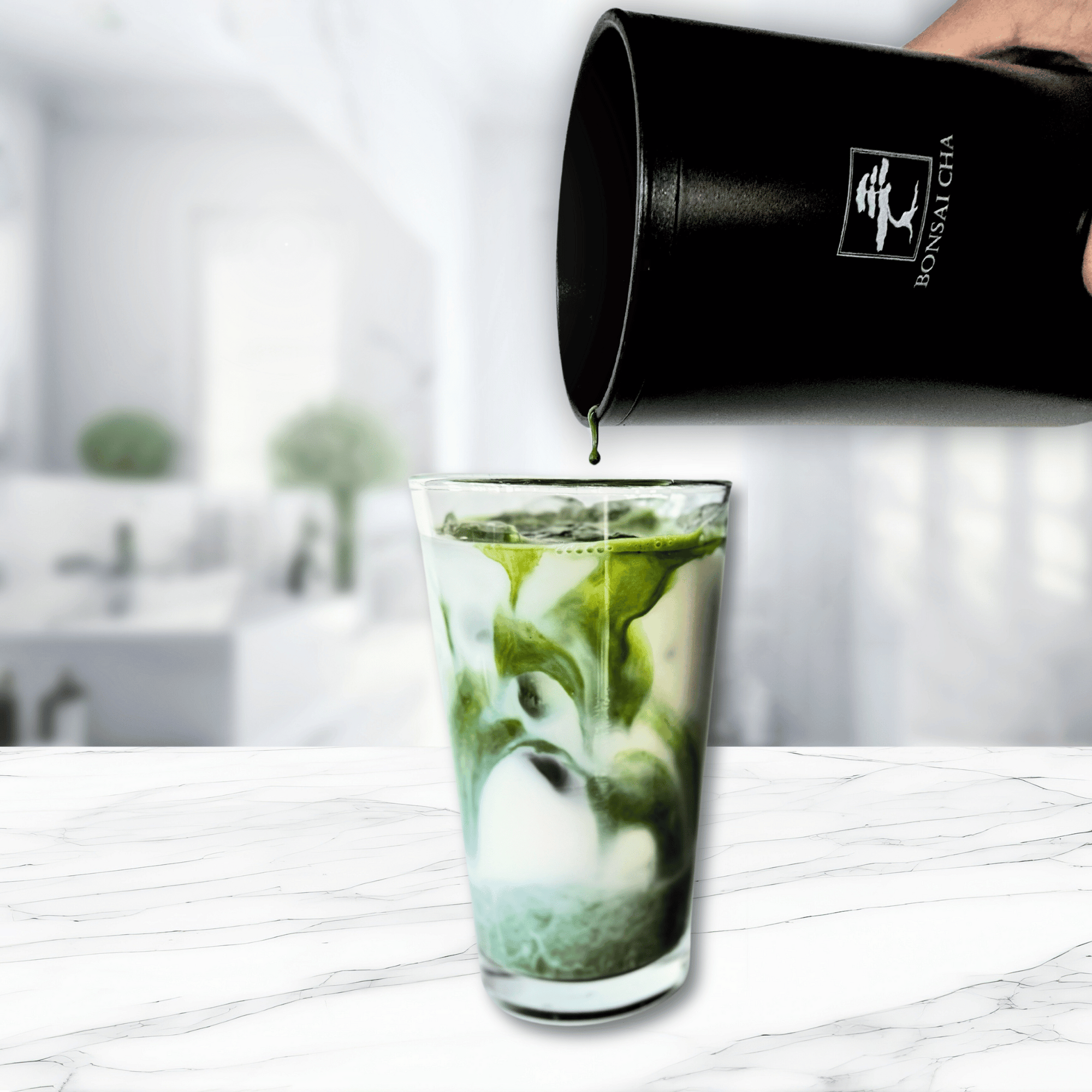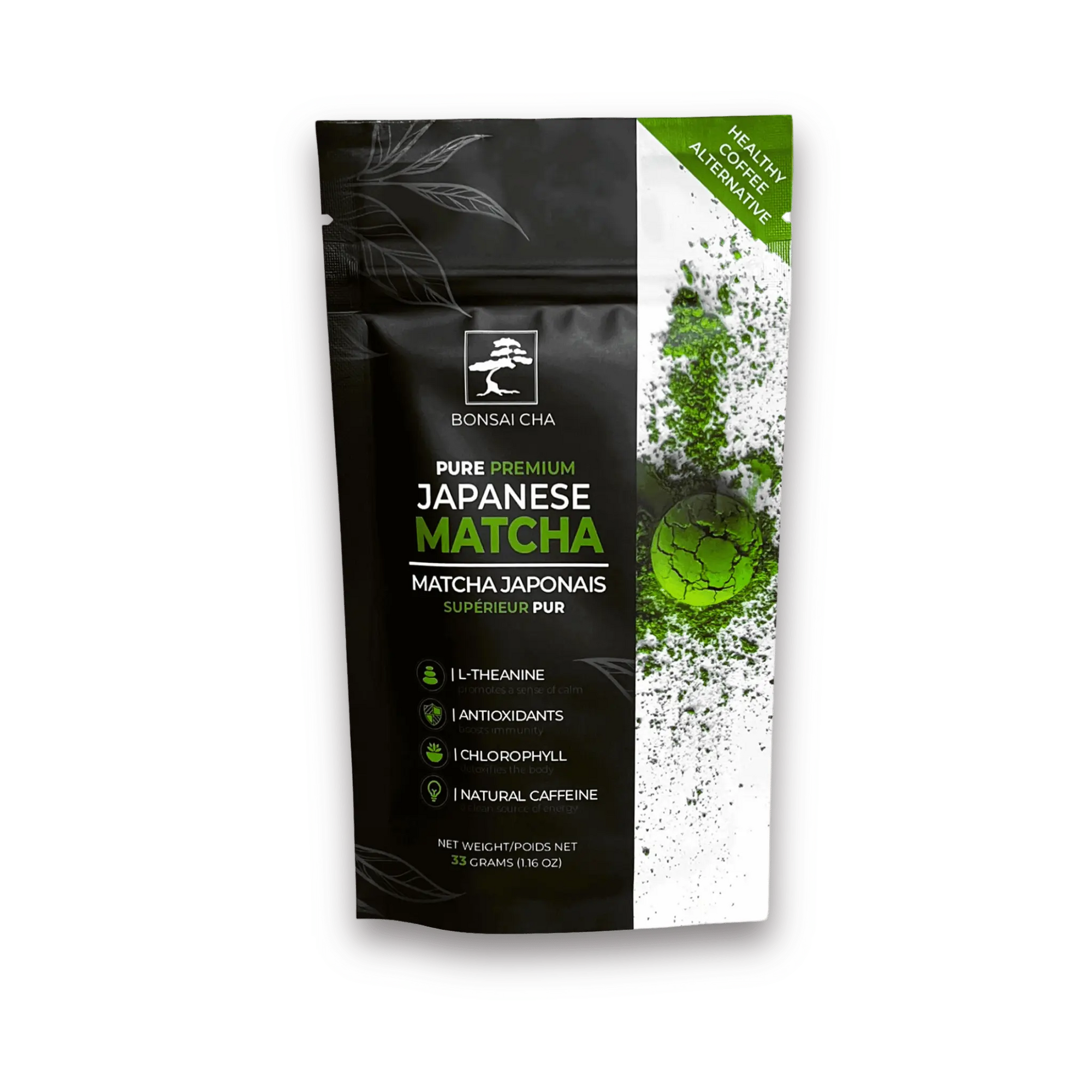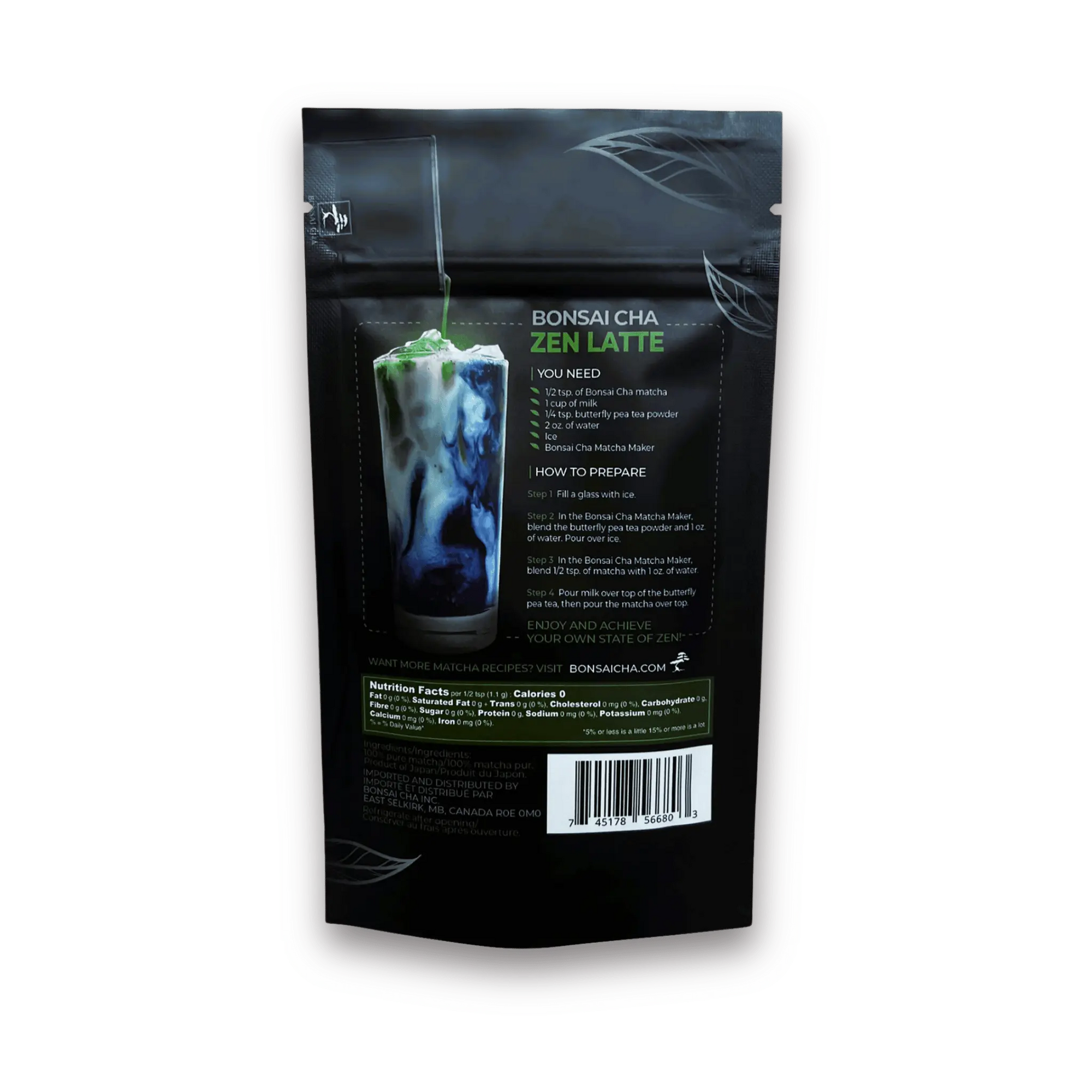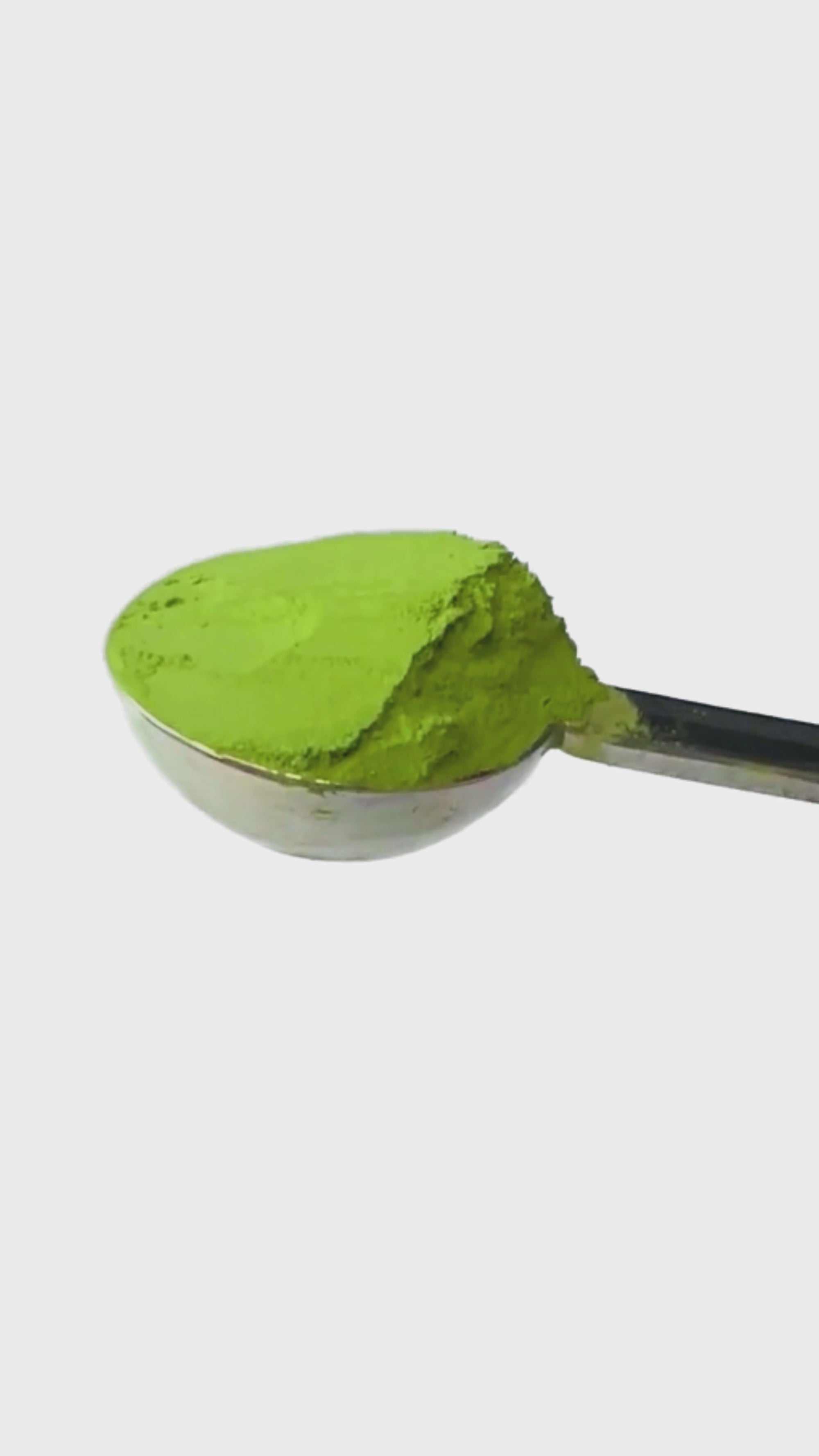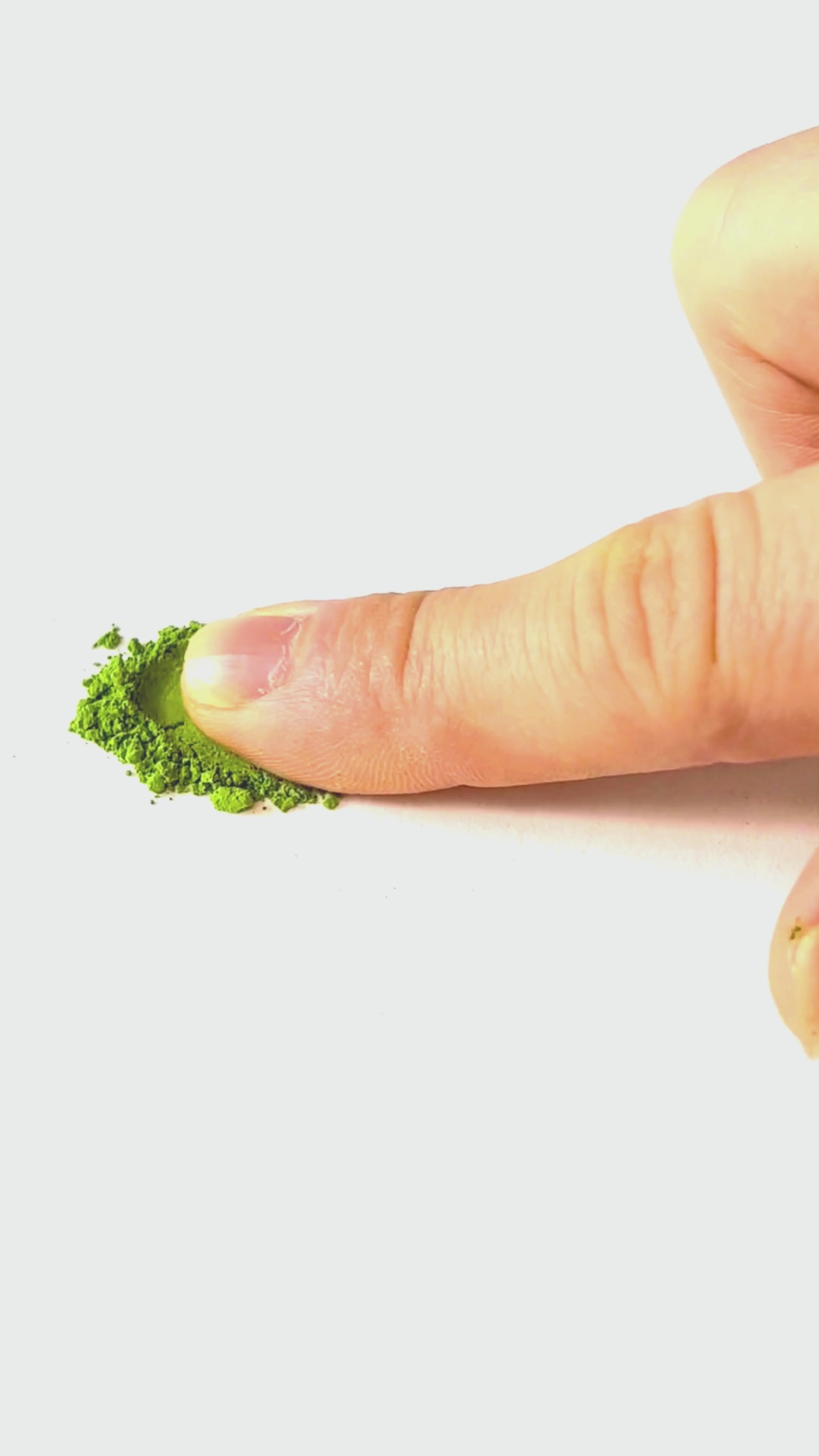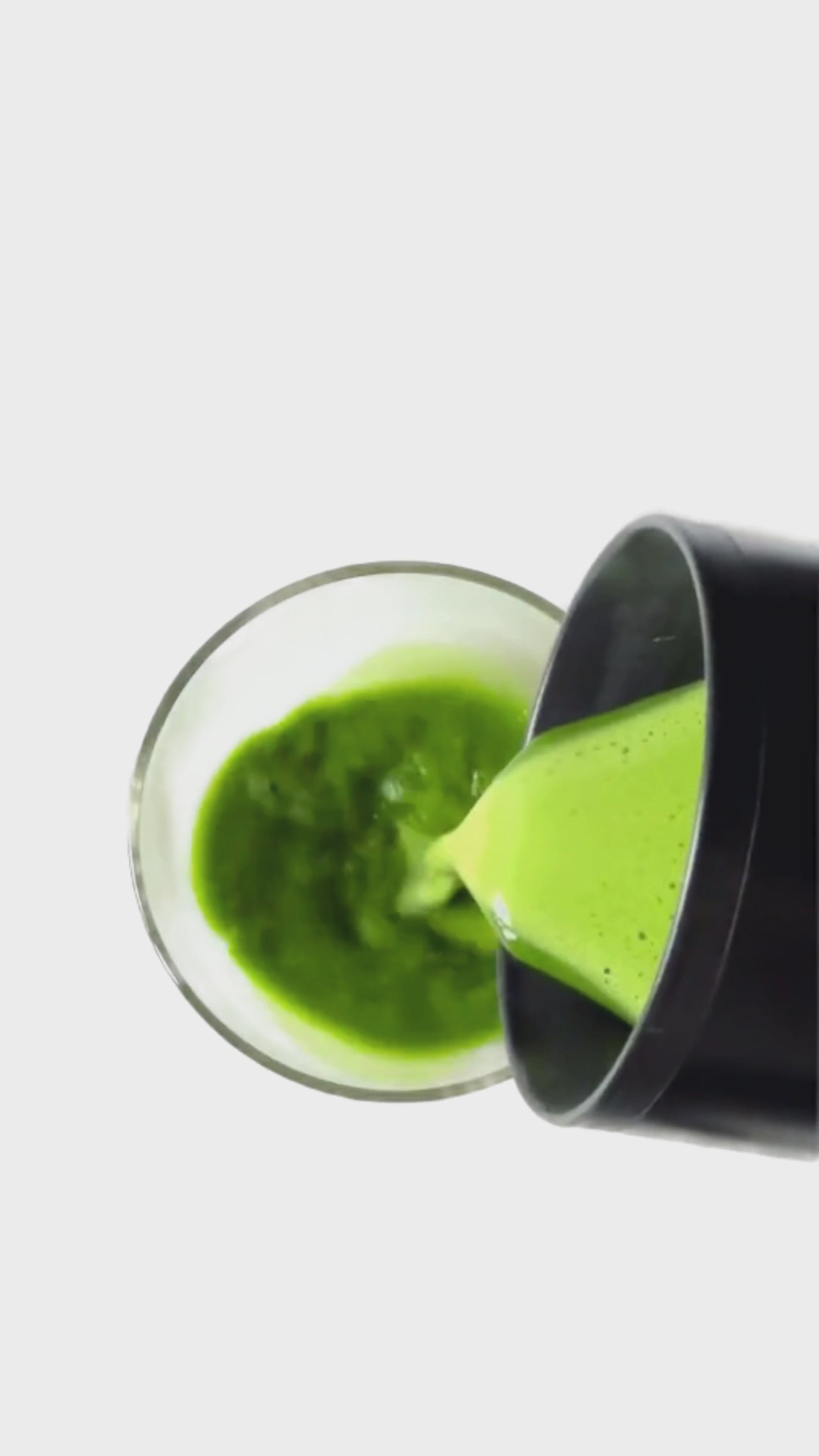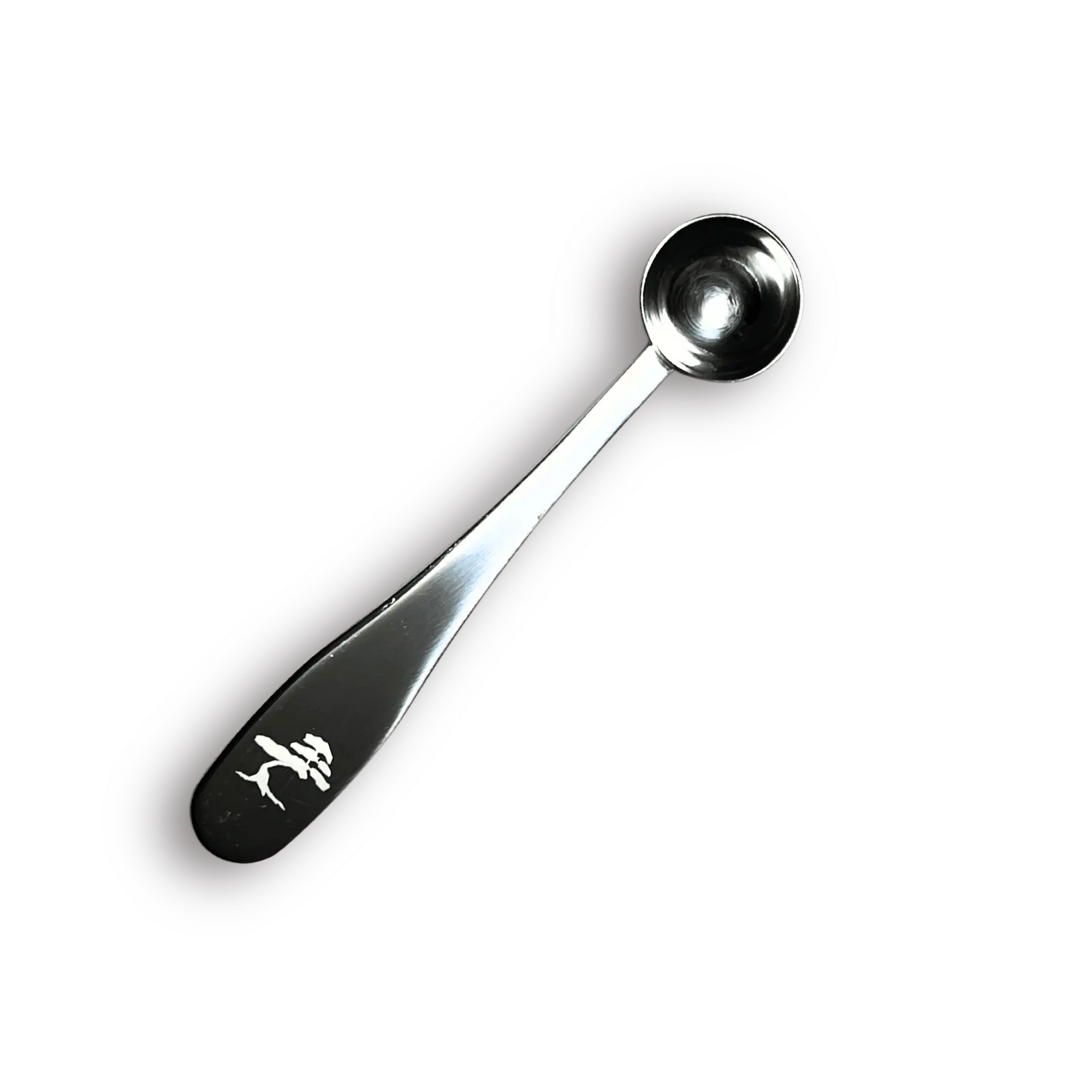Matcha and Fasting: Will Drinking Matcha Break Your Fast?
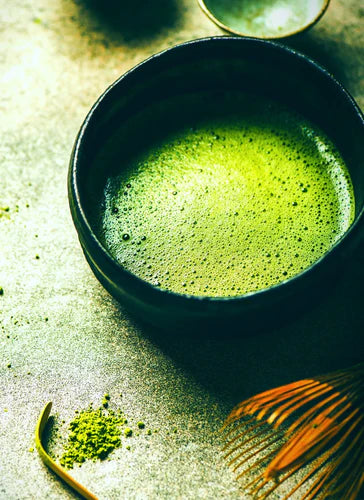
Good news for matcha lovers: Drinking matcha won’t break your fast—as long as it’s consumed plain, without any additives. With its low-calorie content and minimal impact on insulin levels, matcha is a suitable choice for those looking to maintain their fasted state.
Matcha, a vibrant powdered green tea, has been cherished in Japanese culture for centuries. Renowned for its unique flavor and impressive nutritional profile—including antioxidants, vitamins, and minerals—matcha offers much more than just a delicious beverage.
Fasting, on the other hand, involves abstaining from food or calories for a period of time, often to promote health benefits like weight loss, improved metabolism, and enhanced longevity.
So, how does matcha fit into your fasting regimen? Matcha is extremely low in calories, typically containing less than 5 calories per gram. This negligible calorie content means that enjoying a cup of matcha won’t disrupt your fast.
Matcha can actually complement your fasting goals by boosting metabolism, supporting fat burning, and even enhancing autophagy—the body’s natural process of cellular cleansing and renewal.
But there’s more to it than just that.
In this article, we’ll explore how matcha fits into different fasting regimens, its impact on metabolism, and the potential benefits it offers beyond just quenching your thirst.
Key Takeaways
- Matcha Won’t Break Your Fast: When consumed plain, matcha’s minimal calorie content and low impact on insulin levels mean it won’t break your fast.
- Fasting Benefits: Matcha may enhance fasting benefits, including weight loss, improved metabolism, and autophagy.
- Keep It Simple: To maintain your fast, avoid adding milk, sweeteners, or other ingredients to matcha during fasting periods.
- Prolonged Fasting Caution: During prolonged water fasting, it’s generally recommended to avoid any caloric intake, including matcha, to achieve deeper fasting benefits.
- Antioxidant Boost: Matcha contains antioxidants like catechins, which provide additional health benefits during fasting.
- Personalize Your Approach: Adjust matcha consumption based on your fasting goals, preferences, and health conditions. Consulting a healthcare professional or nutritionist is advisable.
- Fasting-Friendly Options: If you enjoy matcha lattes or bulletproof matcha, consider their caloric content. For strict fasting, opt for plain matcha or fasting-friendly alternatives like matcha infusion.
Don't 'Cha Wanna Be in the Know?
Join our matcha community and be the first to receive insider tips, special offers and exclusive deals delivered to your inbox.
The Science Behind Fasting
Fasting is the deliberate act of abstaining from food or caloric intake for a certain period of time. It is not a new concept and has been practiced for centuries in various cultures and religions. Today, fasting has gained popularity for its potential to promote weight loss, improve metabolic health, and enhance longevity.
There are different fasting methods that people follow, including intermittent fasting, water fasting, alternate-day fasting, and time-restricted feeding. Intermittent fasting, in particular, has become widely practiced. It involves cycling between periods of eating and fasting, typically with a fasting window of 16-20 hours and an eating window of 4-8 hours.
During fasting, several physiological changes occur in the body. In the absence of food intake, insulin levels decrease, leading to a shift in the body's primary energy source from glucose to stored fat. This metabolic shift can promote fat burning and weight loss.
Fasting also triggers cellular repair processes, including autophagy. Autophagy is the body's natural mechanism for cellular cleansing, where damaged or dysfunctional components within cells are broken down and recycled. This process has been associated with various health benefits, including improved longevity, reduced inflammation, and enhanced cellular function.
However, it's important to note that fasting is not suitable for everyone. Individuals with certain medical conditions, such as diabetes, may need to approach fasting with caution or under medical supervision. It is always advisable to consult with a healthcare professional before starting any fasting regimen, especially if you have underlying health concerns.
Now, let's address the key question: How does fasting affect the body and metabolism in relation to matcha consumption? While matcha itself contains minimal calories and has a limited impact on insulin levels, it is crucial to consider the context of fasting and your specific fasting goals. If your aim is to maximize the fasting benefits, such as autophagy, some experts recommend avoiding any caloric intake, including matcha. However, if your primary goal is weight management or a sustainable approach to fasting, incorporating matcha may still align with your objectives.
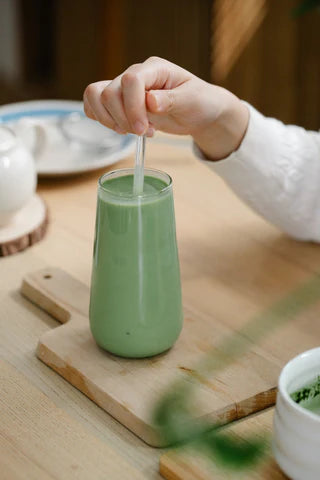
Does Matcha Have Calories?
When considering whether matcha breaks a fast, it's essential to understand its caloric content and its potential impact on insulin levels during fasting. In this section, we will explore the caloric content of matcha and its influence on fasting.
Matcha is incredibly low in calories, making it a favorable choice for those who are conscious of their caloric intake during fasting. A typical serving of matcha, which is approximately 1 teaspoon (2 grams) of powdered tea, contains only a negligible amount of calories, usually less than 5 calories. This minimal caloric content is unlikely to disrupt a fast, especially when compared to other beverages or foods that contain significant amounts of calories.
Insulin, a hormone responsible for regulating blood sugar levels, can be influenced by the consumption of certain foods and beverages. During fasting, the aim is to keep insulin levels low to encourage the body to burn stored fat for energy. The good news is that matcha has been found to have a minimal impact on insulin levels. It contains a unique combination of compounds, including catechins, which have been shown to have a negligible effect on insulin secretion. This means that drinking matcha during fasting is unlikely to cause a significant increase in insulin levels that would break the fast.
Furthermore, matcha has been associated with certain fasting benefits. Studies suggest that matcha's components, such as catechins and chlorophyll, may enhance autophagy—the cellular cleansing process that occurs during fasting. While more research is needed to fully understand the extent of matcha's impact on autophagy, it is intriguing to consider matcha as a potential ally in supporting the fasting benefits you seek.
It's important to note that fasting is a highly individualized practice, and the effects of matcha during fasting can vary depending on your goals and preferences. If your primary objective is weight loss, incorporating matcha into your fasting routine may still align with your goals, as the caloric content is negligible. However, if maximizing autophagy and strict adherence to fasting protocols are your main concerns, some experts recommend abstaining from any caloric intake, including matcha.

Benefits of Matcha and Fasting
Intermittent Fasting
Intermittent fasting, a popular eating pattern, alternates between periods of fasting and eating. During the fasting window, only non-caloric beverages are permitted, making plain matcha an ideal choice. Drinking matcha while fasting offers several advantages:
- Antioxidant Support: Matcha is rich in antioxidants like catechins, which protect the body against oxidative stress and promote overall health. Consuming matcha during your fasting period provides an additional antioxidant boost, helping to counteract the free radicals generated during fasting.
- Sustained Energy and Focus: Matcha contains L-theanine, a unique amino acid that promotes relaxation and calmness without causing drowsiness. Combined with matcha’s moderate caffeine content, L-theanine provides a steady energy boost and enhanced focus throughout the fasting window, without the jitters associated with other caffeinated beverages.
To maintain the benefits of fasting, it's essential to consume matcha plain or with a splash of unsweetened almond or coconut milk. Adding caloric ingredients can break your fast. If matcha causes any discomfort during fasting, it can be enjoyed during the eating window instead.
Prolonged Fasting (Water Fasting)
Prolonged fasting, such as water fasting, involves abstaining from all caloric intake for an extended period to achieve deep ketosis, where the body primarily burns stored fat for energy. During these fasts, even minimal caloric intake, including matcha, can potentially disrupt ketosis and the fasting state. Therefore, experts recommend avoiding matcha during prolonged fasting to maximize the benefits of deep ketosis.
While matcha does contain appetite-suppressing compounds like catechins, which can be advantageous during intermittent fasting, these effects may not be desirable during prolonged fasting, where hunger signals are part of the body’s natural adaptation process.
Prolonged fasting should always be conducted under medical supervision. If you prefer some flexibility, alternative approaches like modified fasting protocols that allow limited caloric intake might be considered. However, these differ from true water fasting and may produce different results.
How Matcha Supports Your Fasting Journey
When consumed plain, matcha not only preserves your fasted state but also amplifies the benefits of fasting through its unique nutritional profile:
- Enhanced Fat Oxidation: The catechins in matcha, especially epigallocatechin gallate (EGCG), are potent antioxidants that boost fat oxidation. This makes your body more efficient at burning stored fat—a key goal in many fasting protocols. For instance, a study published in the American Journal of Clinical Nutrition found that consuming green tea extract rich in EGCG increased fat oxidation by 17% during moderate exercise.
- Support for Autophagy: Fasting triggers autophagy, the body’s natural process for cleaning out damaged cells and regenerating new ones. Matcha’s catechins enhance autophagy, potentially amplifying the cellular benefits of fasting. Additionally, matcha’s chlorophyll content aids in detoxifying the body, further supporting this cleansing process.
- Metabolic Boost: Matcha provides a gentle dose of caffeine, but it’s the synergy with L-theanine that creates a sustained energy boost without the crash. This balanced energy can enhance your metabolic rate during fasting, helping you stay active and alert without breaking your fast.
By integrating matcha into your fasting regimen, you not only maintain your fast but also enhance its benefits, from increased fat loss to deeper cellular renewal.
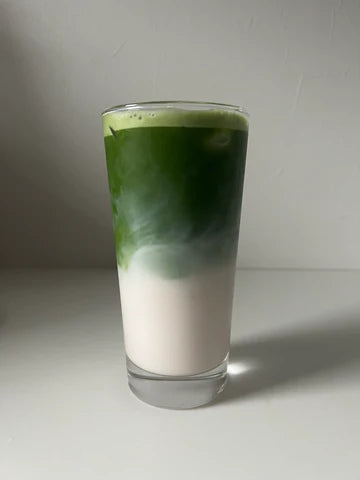
Exploring Fasting Options: BulletProof Matcha and Matcha Lattes
While consuming matcha in its pure form during fasting is generally recommended, many people enjoy matcha in the form of matcha lattes or bulletproof matcha. In this section, we will discuss the suitability of these matcha variations during fasting and provide some fasting-friendly alternatives.
Ultimately, the decision to include matcha lattes or bulletproof matcha in your fasting routine depends on your specific fasting goals and flexibility. It's crucial to be mindful of the potential caloric impact and consider whether the added ingredients align with your fasting objectives.
Matcha Lattes During Fasting
Matcha latte, a combination of matcha and steamed milk or milk alternatives, has gained popularity for its creamy texture and delightful taste. However, it's important to note that adding milk or milk alternatives to matcha can introduce calories and potentially break the fast, especially if significant amounts are consumed. Therefore, if you are following a strict fasting regimen, it's advisable to avoid matcha lattes during the fasting window.
However, there are fasting-friendly alternatives to matcha lattes. You can create a matcha infusion by steeping matcha powder in hot water and enjoying it as a warm beverage without any added milk or sweeteners. This allows you to savor the unique flavors of matcha while staying aligned with your fasting goals.
Bulletproof Matcha
Another popular variation is bulletproof matcha, inspired by bulletproof coffee. Bulletproof matcha typically involves blending matcha with healthy fats like coconut oil or MCT oil. While this combination can provide sustained energy and potential cognitive benefits, it's essential to consider the caloric content of the added fats. If you are practicing strict fasting, it is best to avoid bulletproof matcha during the fasting period.
If you desire a creamy matcha experience without breaking your fast, you can explore fasting-friendly options. For instance, you can add a splash of unsweetened almond or coconut milk to your matcha, as these typically contain minimal calories. However, it's important to note that even small amounts of caloric intake may affect the fasting state to some extent, especially if you are aiming for deep ketosis or maximum autophagy.
Psst... Use the secret code BONSAIBLOG at checkout to
GET A FREE PREMIUM MATCHA
($33 CAD VALUE)
when you purchase any matcha powder or matcha kit
(Limited to 1 per customer)
Common Concerns About Fasting with Matcha
Fasting is a powerful tool for health, but it’s often accompanied by questions and misconceptions, especially when it comes to adding matcha into the mix. Let’s clear up some common concerns:
- Will the Caffeine in Matcha Break My Fast?
No, it won’t. The caffeine in matcha is naturally balanced by L-theanine, which smooths out the energy boost and prevents the spikes and crashes often associated with coffee. As long as matcha is consumed plain, it won’t disrupt your fast or cause significant insulin spikes. - Does Matcha Affect Ketosis?
No, matcha supports ketosis. Since matcha contains virtually no calories, it won’t kick you out of ketosis. In fact, the antioxidants in matcha may support fat oxidation, further promoting the benefits of a ketogenic state during fasting. - What About Adding Sweeteners or Milk?
Avoid them during fasting. Adding milk, sweeteners, or other caloric ingredients to your matcha can break your fast by introducing calories and triggering insulin responses. Stick to plain matcha during fasting periods to maintain the benefits.
Conclusion: Should You Drink Matcha While Fasting?
In conclusion, matcha can be a fasting-friendly option due to its minimal calories and negligible impact on insulin levels.
Incorporating matcha into intermittent fasting may offer additional health benefits, while during prolonged water fasting, it is generally advisable to avoid caloric intake, including matcha. As with any dietary change, it's essential to listen to your body, consider your fasting goals, and seek professional guidance if needed.
Remember, it's always advisable to consult with a healthcare professional or nutritionist to get personalized advice based on your unique circumstances and goals. They can provide guidance on the best approach to matcha consumption during fasting and help you make informed decisions.
BOOST YOUR FASTING REGIMEN WITH BONSAI CHA
Sorry, there are no products in this collection
Frequently Asked Questions (FAQ)
- Does matcha break a fast?
No, drinking matcha plain without any additives does not break a fast. Matcha is extremely low in calories and has minimal impact on insulin levels, making it an ideal beverage during fasting. - How many calories are in a serving of matcha?
A typical serving of matcha (1 teaspoon or 2 grams) contains less than 5 calories. This minimal caloric content means it is unlikely to disrupt your fast. - Can I add sweeteners or milk to my matcha during fasting?
It’s best to avoid adding sweeteners or milk to matcha during fasting, as these can introduce calories and potentially break your fast. Stick to plain matcha for optimal fasting benefits. - Is matcha suitable for intermittent fasting?
Yes, matcha is an excellent choice for intermittent fasting. It provides a gentle energy boost, supports metabolism, and enhances fasting benefits without breaking the fast. - What about matcha during prolonged fasting?
During prolonged fasting (like water fasting), it’s generally recommended to avoid all caloric intake, including matcha. However, for less strict fasting protocols, matcha may still be suitable, depending on your goals. - How does matcha compare to green tea for fasting?
Matcha offers a more concentrated source of nutrients and antioxidants compared to regular green tea. Its higher catechin content, especially EGCG, makes it particularly effective at supporting fat oxidation and autophagy during fasting.
The information provided in this article is for informational purposes only and is not a substitute for professional medical advice, diagnosis, or treatment. Always consult your physician or a qualified healthcare provider with any questions about a medical condition. Bonsai Cha products are not intended to diagnose, treat, cure, or prevent any disease. The statements in this article have not been evaluated by the FDA or Health Canada.

